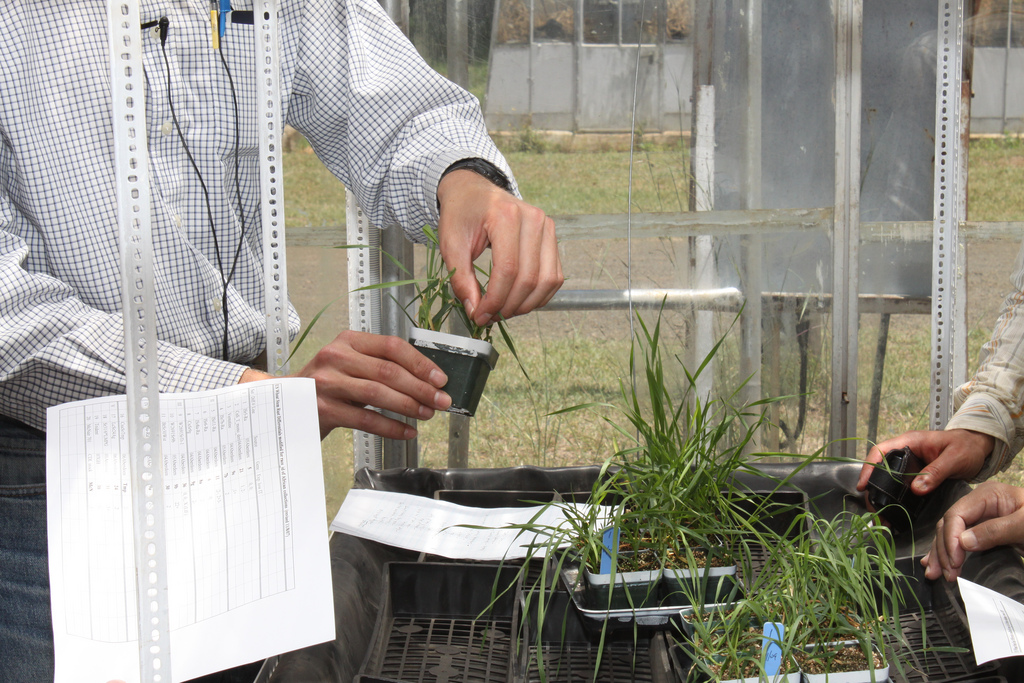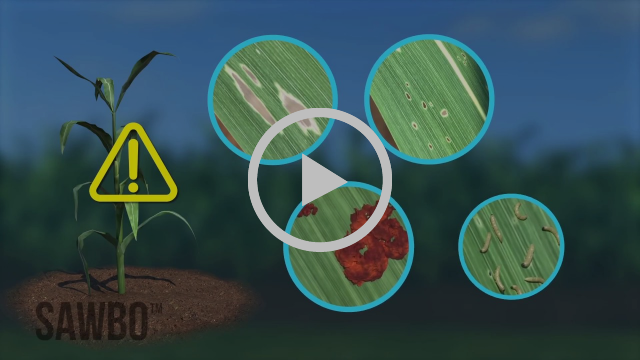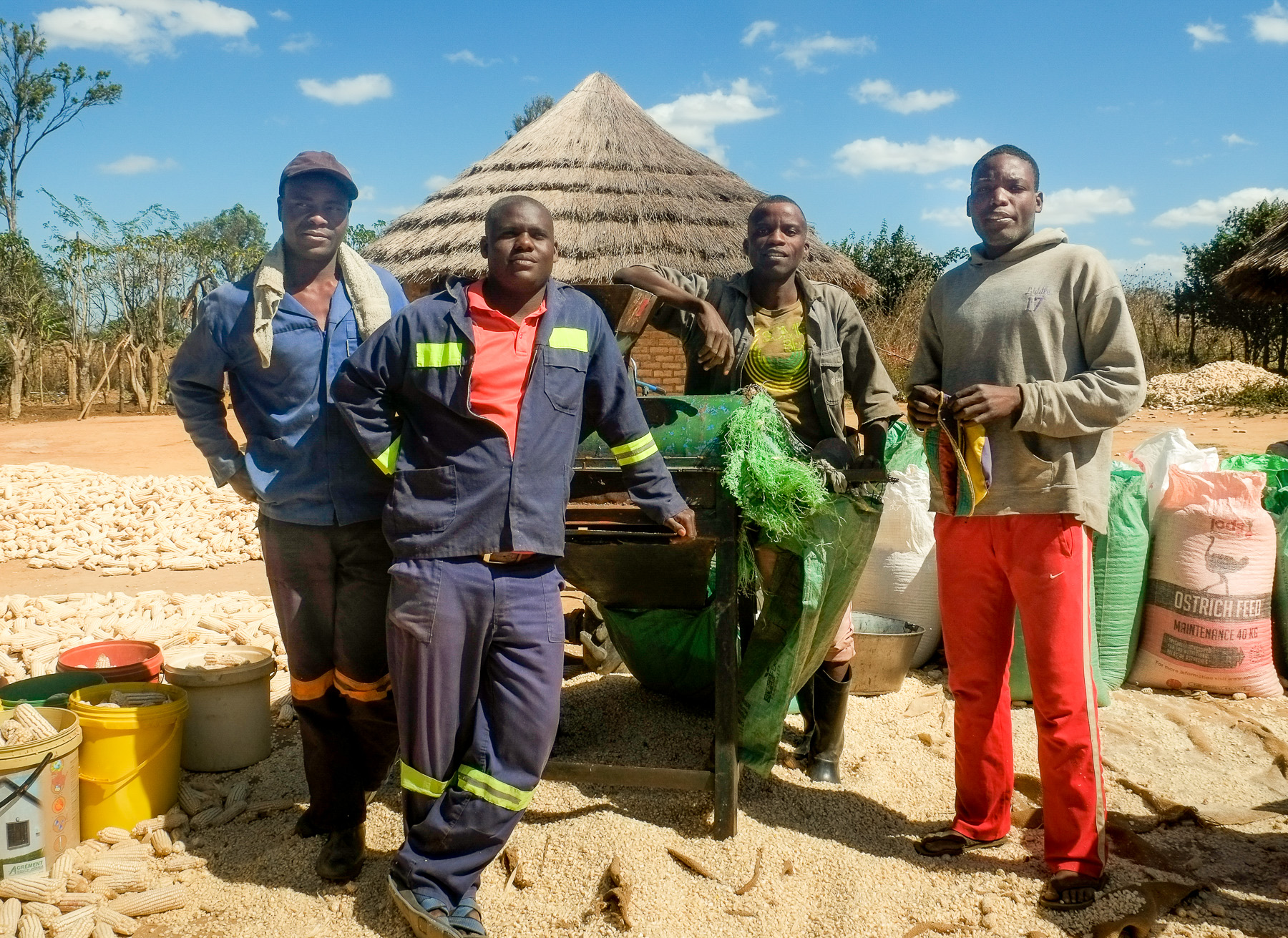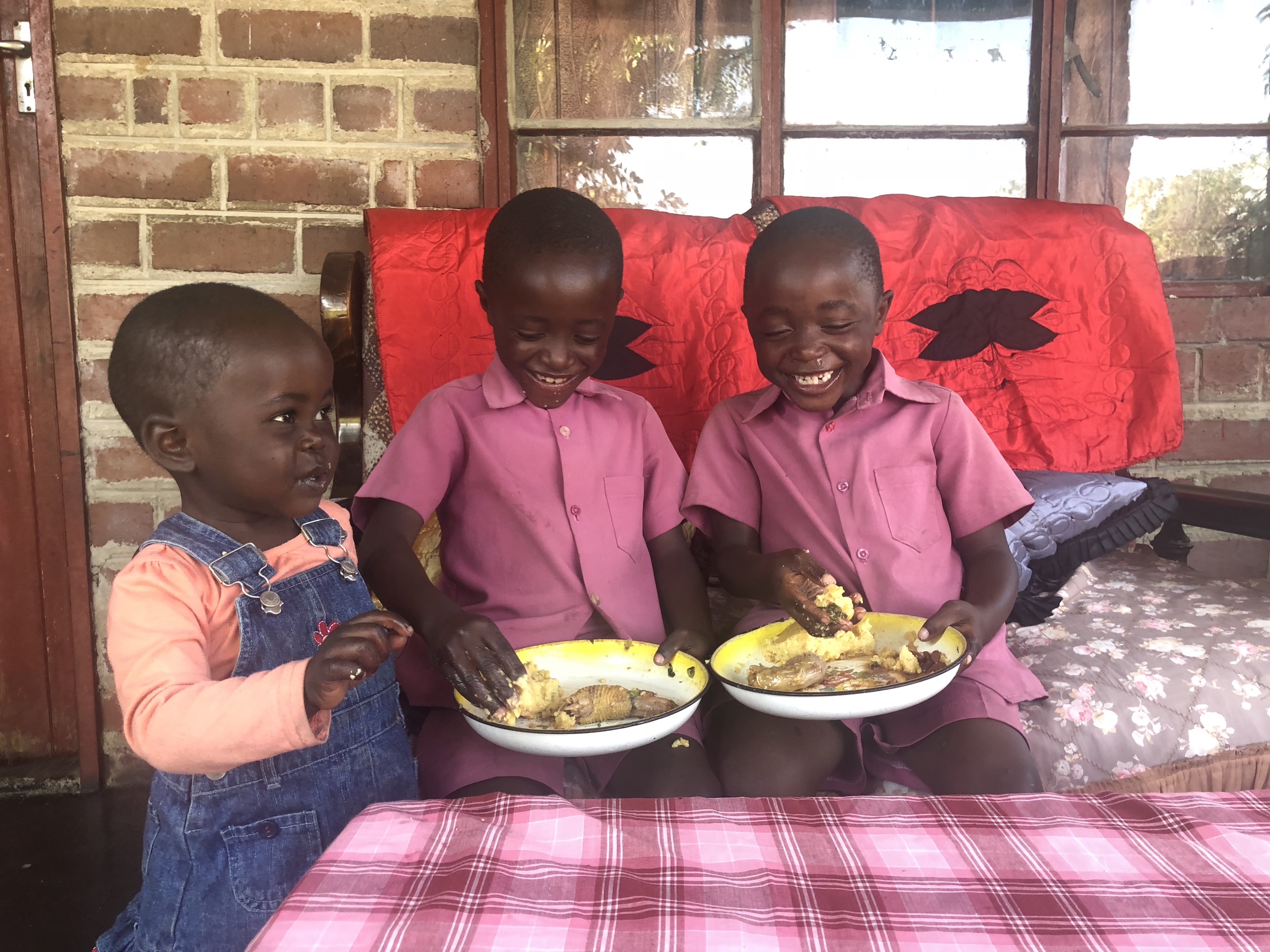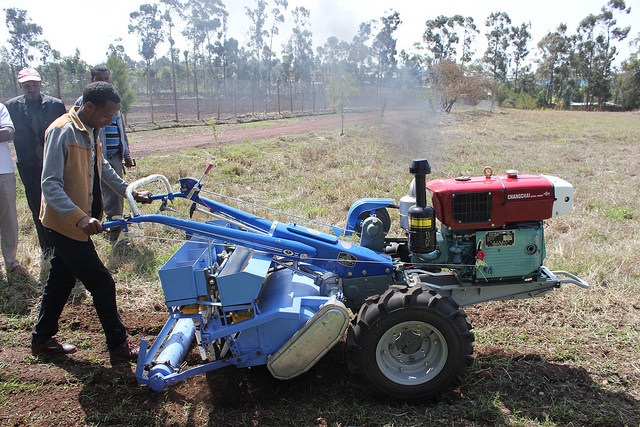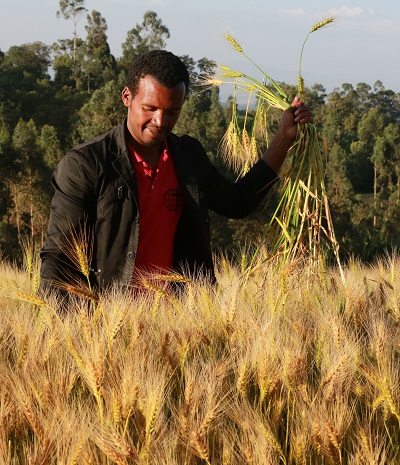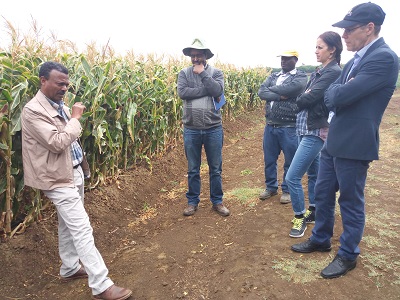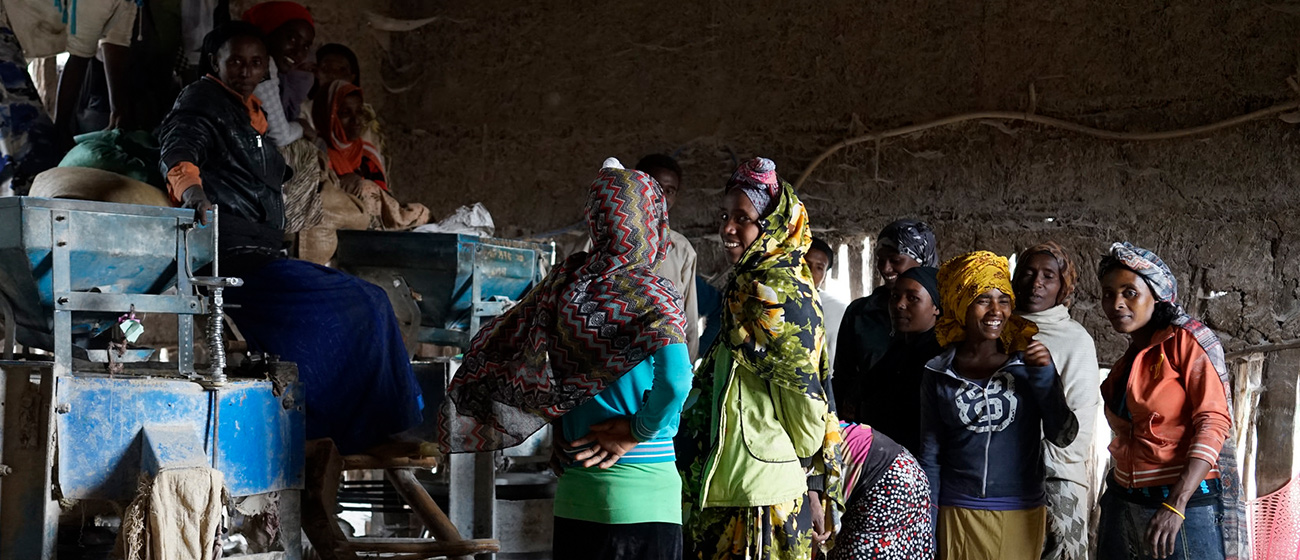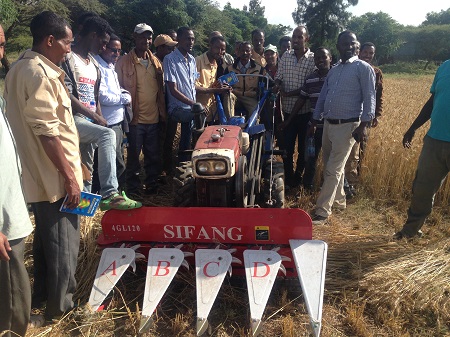Africa
CIMMYT’s work in Africa helps farmers access new maize and wheat systems-based technologies, information and markets, raising incomes and enhancing crop resilience to drought and climate change. CIMMYT sets priorities in consultation with ministries of agriculture, seed companies, farming communities and other stakeholders in the maize and wheat value chains. Our activities in Africa are wide ranging and include: breeding maize for drought tolerance and low-fertility soils, and for resistance to insect pests, foliar diseases and parasitic weeds; sustainably intensifying production in maize- and wheat-based systems; and investigating opportunities to reduce micronutrient and protein malnutrition among women and young children.
CIMMYT collaborator wins Norman Borlaug Award for Field Research and Application
 Nutrition, health and food security
Nutrition, health and food security
Matthew Rouse, a researcher with the Agricultural Research Service (ARS) is being recognized for his work to contain and reduce the impact of Ug99.
How to identify and scout for fall armyworm
 Capacity development
Capacity development
A new 3-D animation video published yesterday shows farmers how to scout for and identify the fall armyworm (Spodoptera frugiperda).
African youth find entrepreneurial opportunity in agricultural mechanization
 Capacity development
Capacity development
An increasing number of youth across eastern and southern Africa are creating a stable living as entrepreneurs in agricultural mechanization service provision.
Nutritious vitamin A orange maize boosts health and livelihoods in Zimbabwe
 Nutrition, health and food security
Nutrition, health and food security
As Zimbabwe’s child malnutrition rate peaks above the international threshold for emergency response, nutritious vitamin A orange maize gains ground on the national market.
Training manual greases the wheels for mechanization entrepreneurs
 Capacity development
Capacity development
The manual gives practical guidance for service providers in rural areas, where family farmers commonly lack capital to invest in farm power.
Seed companies are responsible for creating demand for quality protein maize
 Nutrition, health and food security
Nutrition, health and food security
Recently, the CIMMYT-led, Global Affairs Canada-funded, Nutritious Maize for Ethiopia project has led field visits for a number of high-level stakeholders.
How collaboration can help grow and transform agriculture in Africa
 Nutrition, health and food security
Nutrition, health and food security
Money alone can’t solve Africa’s agricultural problems. International collaboration is key.
Farmers in Ethiopia willing to pay more for quality protein maize
 Nutrition, health and food security
Nutrition, health and food security
In Ethiopia, 44 percent of children under the age of five experience impaired growth due to poor nutrition. Quality protein maize helps combat stunting and boosts nutrition in children who survive on a maize-dominated diet.
End of eight-year project leaves farmers ready to tackle climate change in Africa
 Climate adaptation and mitigation
Climate adaptation and mitigation
After eight years the Sustainable Intensification of Maize-Legume Cropping Systems for Food Security in Eastern and Southern Africa (SIMLESA) project concludes this June.
Science can reverse “new normal” of climate change-related disasters
 Climate adaptation and mitigation
Climate adaptation and mitigation
Building small scale mechanization capacity of service providers in Ethiopia
 Capacity development
Capacity development
A CIMMYT project aims to increase soil fertility through direct row planting of major crops in Ethiopia, such as maize, wheat and teff.
CIMMYT promotes gender awareness in agriculture research and development in Ethiopia
 Capacity development
Capacity development
Gender awareness and gender-sensitive approaches are slowly spreading into agricultural research, extension, and policy in Ethiopia, according to industry experts.
